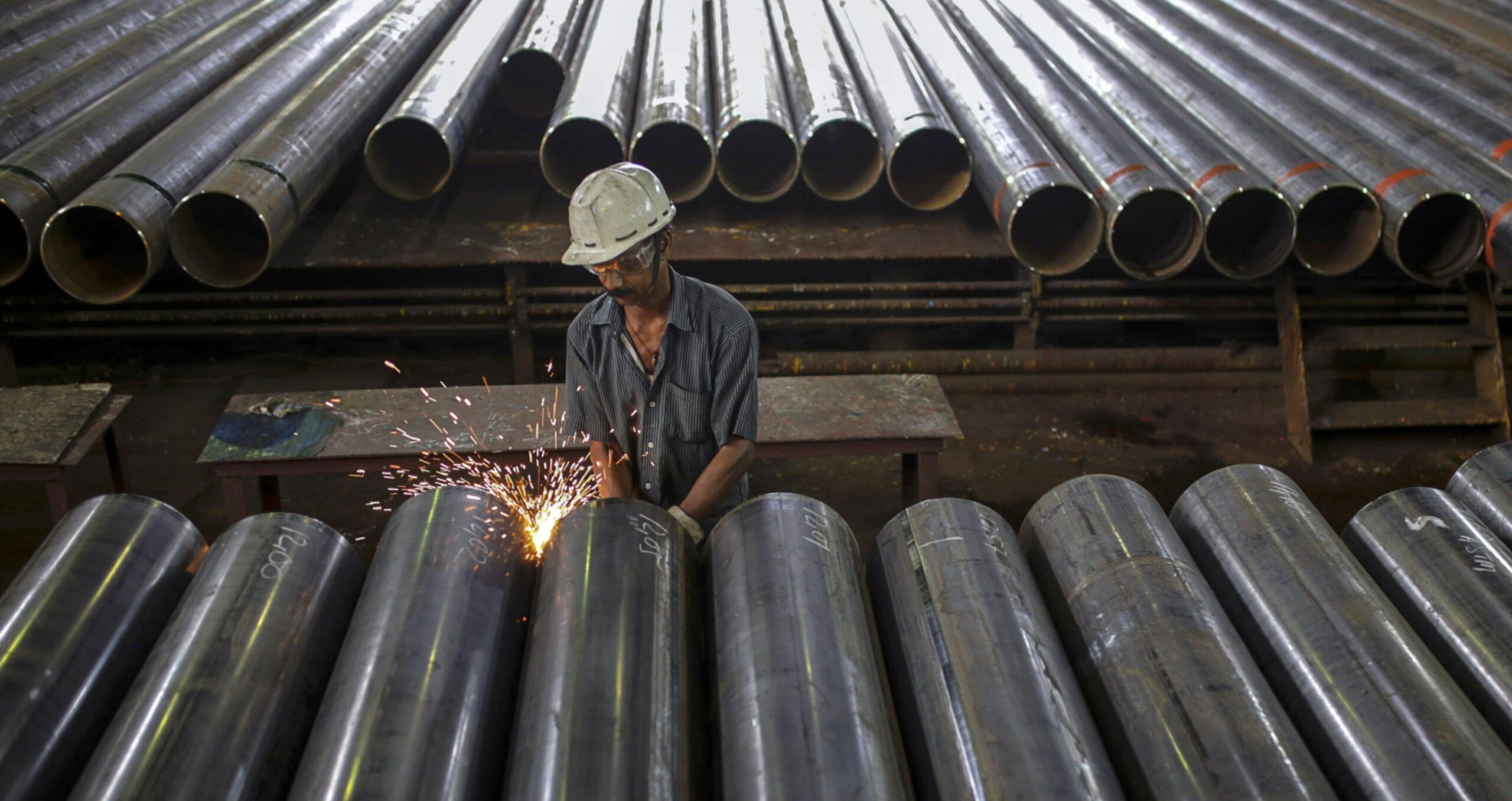

The Indian government continues to engage with the EU about the bloc’s carbon border adjustment mechanism.
Indian exporters who believe the EU’s carbon border adjustment mechanism acts as a trade protectionist policy are lobbying their government to advocate their concerns. The country’s so-called hard-to-abate sectors – where emissions are difficult to avoid, such as the steel industry – argue that the EU CBAM discriminates against emerging economies.
To continue reading
Request Free Trial- Unlimited access to all content
- Email alerts highliting key industry insight.
- Invitations to attend exlusive roundtables and events.
- The Sustainable Views Policy Tracker - deep insight on ESG regulations and deadlines
Already a subscriber?Log in
A service from the Financial Times

